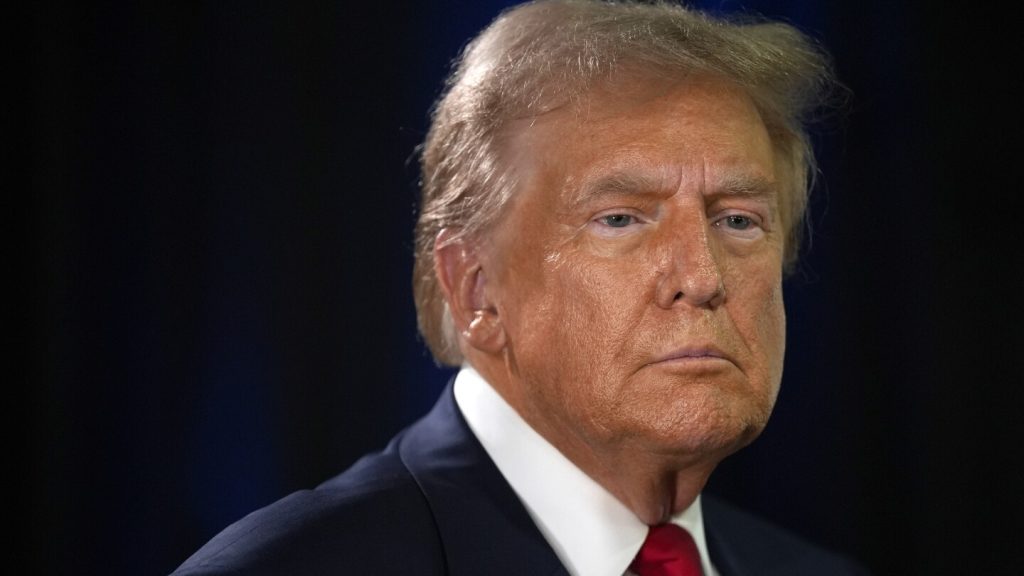In a recent development in the Georgia election interference case against Donald Trump and others, a judge has thrown out three counts in the indictment, including two counts against the former president, stating that they exceed the state’s jurisdiction. The case involves allegations of a conspiracy to overturn Trump’s loss in the 2020 presidential election in Georgia, with a total of 41 counts in the indictment. Despite the dismissal of some counts, the case against the defendants, including Trump, is still ongoing, with 32 counts remaining, including a racketeering charge.
The judge’s ruling also addressed the issue of a document filed with the federal court in Atlanta that declared Trump as the winner of Georgia, leading to charges of filing false documents and conspiracy to file false documents against some of the defendants. The judge concluded that punishing someone for filing certain documents with a federal court would interfere with federal court proceedings and be beyond the jurisdiction of the state. As prosecutors are reviewing the ruling, the case continues with pending appeals and arguments scheduled in December.
Lawyers for some of the defendants welcomed the judge’s decision to dismiss two charges against Trump, while also arguing that the actions of the Republicans who acted as electors for Trump were within their rights under the federal Electoral Count Act. Despite this argument, the judge rejected attempts to dismiss the racketeering count in the indictment, which is supported by alleged acts aimed at challenging Trump’s electoral loss. It is important to note that the issue of immunity for former presidents for official acts has not been fully argued in the case, as ruled by the judge.
The case against Trump and other defendants involves complex legal arguments about jurisdiction, federal court filings, and the interpretation of federal statutes. The dismissal of some counts in the indictment has not halted the prosecution, with remaining counts and pending appeals. The ruling by the judge has implications for the ongoing legal battle over the allegations of election interference in Georgia, adding to the broader political and legal turmoil surrounding the 2020 presidential election.
The decision by the judge to dismiss certain counts in the indictment highlights the challenges faced by prosecutors in pursuing cases against high-profile figures like former presidents. The legal wrangling in this case reflects the broader tensions and divisions in American politics, with ongoing debates about the integrity of the electoral process and the accountability of public officials. As the legal proceedings continue, the outcome of this case will have significant implications for future attempts to hold individuals accountable for alleged election interference.


